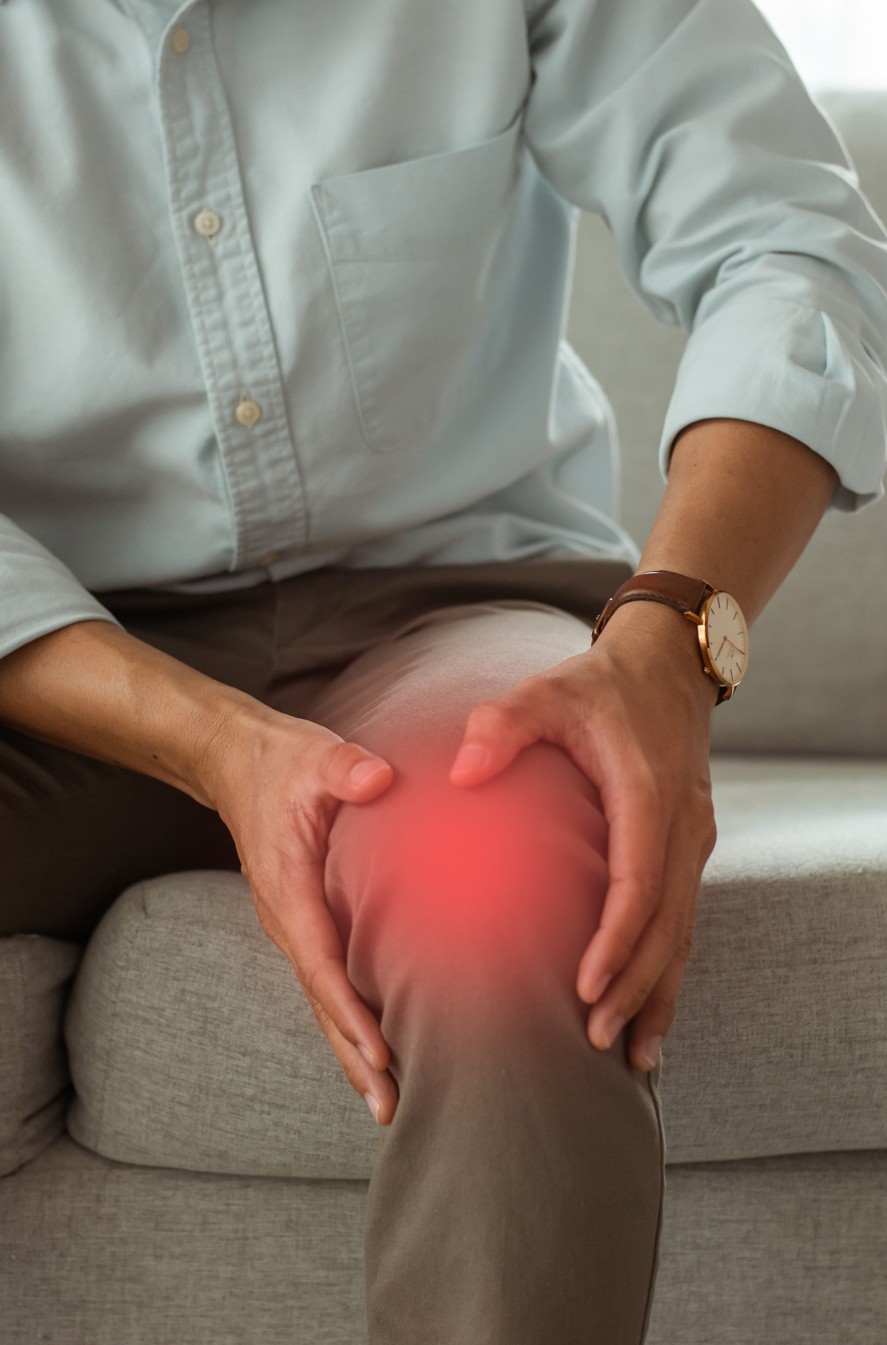Osteoarthritis research advances

The treatment of osteoarthritis continues to present significant challenges. Conventional injections of medications into the joints achieve superficial penetration and non-controlled drug release.
An in vitro study utilised silica nanoparticles and cartilage-targeted peptides to form a Trojan horse-like architecture for encasing fucoidan. A hydrogel microsphere was also developed to facilitate transport to the injured cartilage, achieve effective penetration of the cartilage matrix and aid in the release of bioactivators.
Impaired cartilage metabolism was significantly reversed. Administration of the treatment not only mitigated cartilage degeneration but also expedited cartilage formation. Mechanistic benefits were also shown, with cartilage reported to be protected by the activation of SIRT3 (important in regulating metabolic processes) and the enhancement of mitochondrial energy production.
High purity Fucus vesiculosus fucoidan produced by Marinova was used in the study. Marinova’s fucoidans have previously been shown to reduce the symptoms of osteoarthritis in a clinical trial.
The paper, Trojan horse-inspired spatiotemporal strategy augments cartilage regeneration by enhancing mitochondrial energy production’ was published in the journal The Innovation.